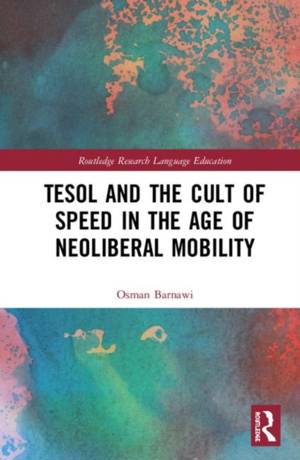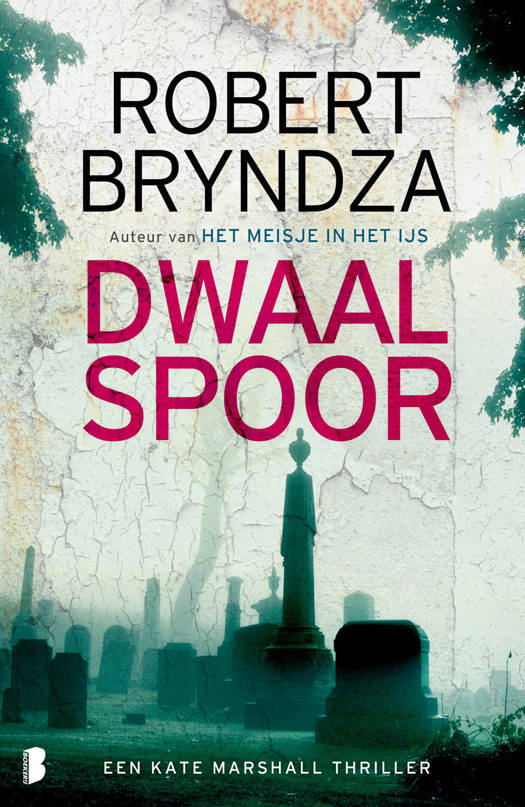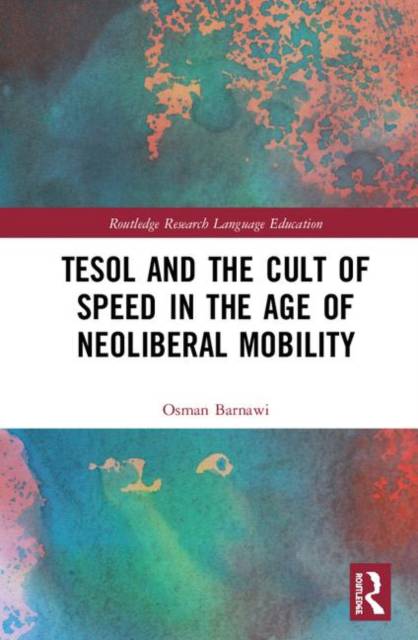
- Afhalen na 1 uur in een winkel met voorraad
- Gratis thuislevering in België vanaf € 30
- Ruim aanbod met 7 miljoen producten
- Afhalen na 1 uur in een winkel met voorraad
- Gratis thuislevering in België vanaf € 30
- Ruim aanbod met 7 miljoen producten
TESOL and the Cult of Speed in the Age of Neoliberal Mobility
Osman BarnawiOmschrijving
TESOL and the Cult of Speed in the Age of Neoliberal Mobility argues that because the nexus between TESOL and the cult of speed in an age of increased neoliberal mobility has not yet been explicitly unpacked, discussed, identified and theorized, the implications of this socio-economic phenomenon for TESOL policies, curricula, pedagogies and practices have been overlooked.
Through the presentation of several qualitative case studies, the book illustrates the social dynamics of speed and its key aspects (i.e., the materiality and the politics of time) in different TESOL contexts, including Saudi Arabia, the USA and Canada. The aim in presenting these diverse case studies was to craft a collection of responses, which, when put together, could offer new insights into the TESOL academic community. The book examines the ways in which the cult of speed has been envisioned, celebrated, negotiated with, enacted and justified by the various actors within the contemporary field of TESOL. It also investigates the new language teaching practices and forms the cult of speed in TESOL has generated and is generating.
TESOL and the Cult of Speed in the Age of Neoliberal Mobility will be of interest to TESOL/applied linguistics educators, students, policy makers, administrators, employers and the wider community, and it is hoped will give them ideas about how to deal with today's culture of fast movement in the globalized higher education landscape.
Specificaties
Betrokkenen
- Auteur(s):
- Uitgeverij:
Inhoud
- Aantal bladzijden:
- 158
- Taal:
- Engels
- Reeks:
Eigenschappen
- Productcode (EAN):
- 9780367264611
- Verschijningsdatum:
- 13/02/2020
- Uitvoering:
- Hardcover
- Formaat:
- Genaaid
- Afmetingen:
- 160 mm x 236 mm
- Gewicht:
- 498 g

Alleen bij Standaard Boekhandel
Beoordelingen
We publiceren alleen reviews die voldoen aan de voorwaarden voor reviews. Bekijk onze voorwaarden voor reviews.












